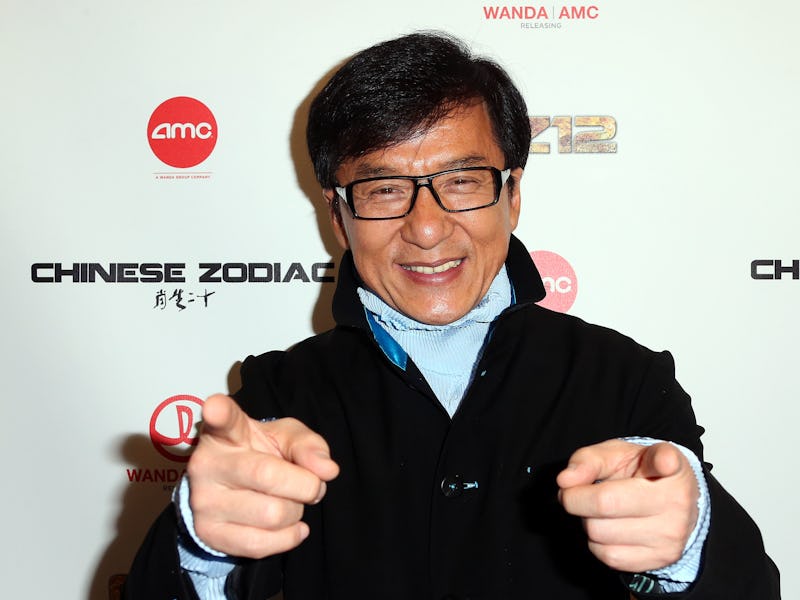Jackie Chan Named in Panama Papers, His Tax Havens Revealed
A Panamanian law firm who represented high profile clients with shady business dealings has landed them in hot water.

The leak of the so-called “Panama Papers” over the weekend gave the world some-2.6 terabytes of juicy info about the allegedly shady and sometimes-illegal financial dealings of some of the world’s most powerful people. The 11.5 million files, procured from the massive and very secretive Panamanian law firm Mossack Fonseca, detail the endless ways that the rich and powerful use secretive offshore tax shelters to handle their oodles of money. The practice is no surprise, but some of the big names involved — including national leaders, politicians, sports stars, and celebrities — have opened eyes around the world.
Among the powerful celebrities implicated in the files is Jackie Chan, the martial arts megastar who has transitioned into a businessman and controversial mouthpiece for the Chinese government.
The papers reveal that Chan had at least six shell corporations represented by Fonseca, though the International Consortium of Investigative Journalists was quick to note there is no evidence that Chan used the firm or his companies for illegal purposes, per se. Still, being in the same company as Ponzi schemers, drug kingpins, tax evaders, and sex offender is enough to raise a few eyebrows.
Chan’s business empire of international revenue streams include JCE Movies Limited, the production company he started in 2004; a theater chain called Jackie Chan Theater International; a clothing line, a restaurant chain bearing his named called Jackie’s Kitchen, as well as a chain of coffee houses called Jackie Chan’s Java Coffee; a health food line that produces nutritional cookies, chocolates, and oatcakes; Jackie Chan Signature Club gyms; and much, much more. He has, in other words, many streams of revenue.
Though Chan doesn’t appear a threatening Bond villain-type that some of the people named in the Panama Papers may be, the ultra-capitalist maneuver is perhaps even more surprising in Chan’s case. Now that he’s done making Rush Hour sequels, he’s become a high profile spokesperson for the Chinese government, both shilling for the country via cultural and ideological ways. He was named the official ambassador to the Hong Kong Tourism Board in 1995, and is even a cfaculty member at the Hong Kong Polytechnic University, where he teaches tourism management. But he’s also drawn criticism over the years, like when he made a pro-authoritarian statement in 2009 saying, “Im gradually beginning to feel that we Chinese need to be controlled.”
Whether he’s hiding money from the Chinese government is unclear; perhaps Beijing sanctioned the Fonseca deals. But it’s something to ponder the next time you’re watching those awesome bloopers at the end of Rumble in the Bronx: Jackie Chan is a shill for the Chinese government, yet he’s likely circumventing Chinese tax laws by funneling his money through offshore companies. The tidal wave of new information from the ICIJ’s leak will only get bigger from here.